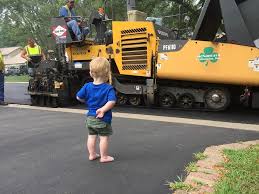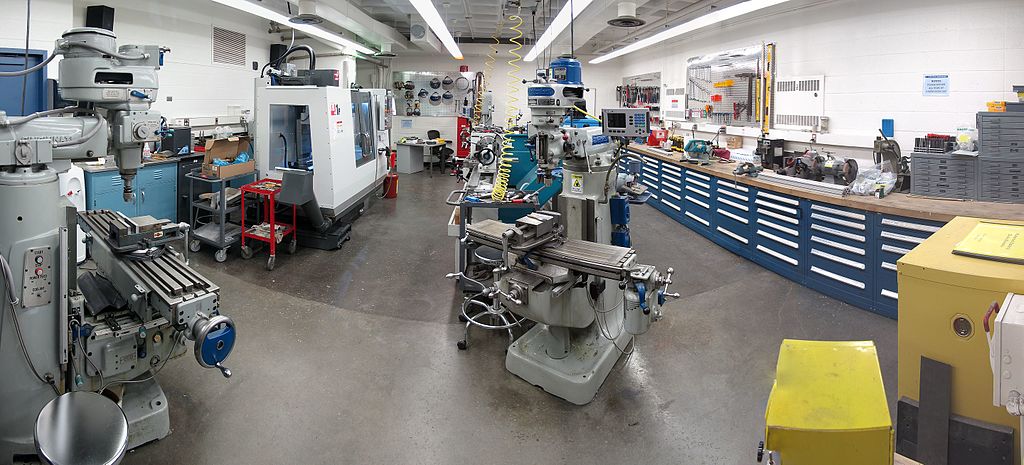30 May Children And Construction
Children And Construction Most construction sites are like oil and water for children; they don’t mix. Conversely, like iron and a magnet, children are attracted to any type of construction. Children like to explore. Guide for Discussion Some general observations: Children don’t recognize hazards as well as those who work on site. Locked equipment may still be a hazard. All excavations are potential forts or swimming pools. Scaffolds become gym sets. Discouraging children: Don’t allow children on site during the day. Erect a site fence. Mark excavations with signs or guard or both. (Remember: Fall protection rules.) Group and lock up equipment at night. ...











